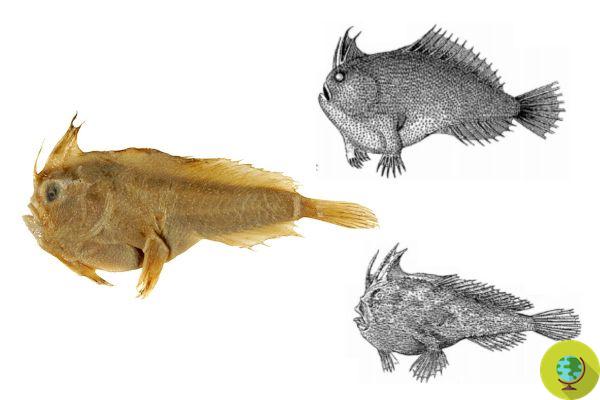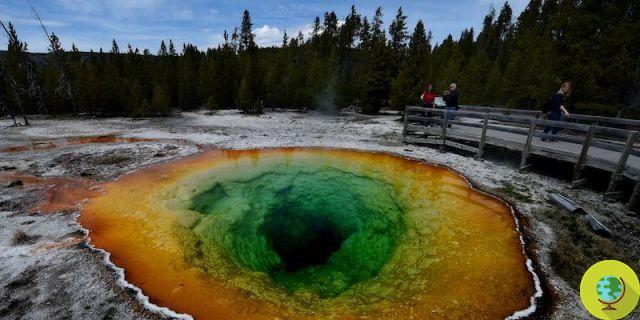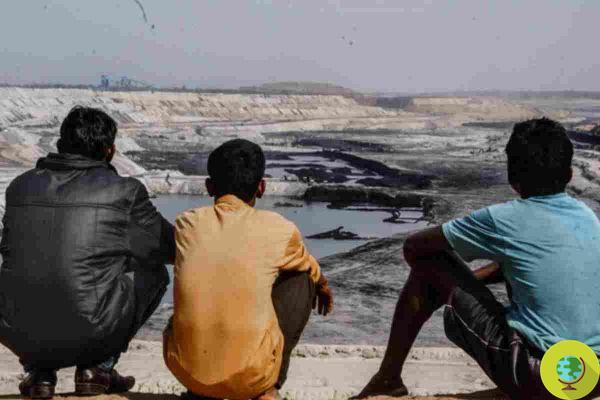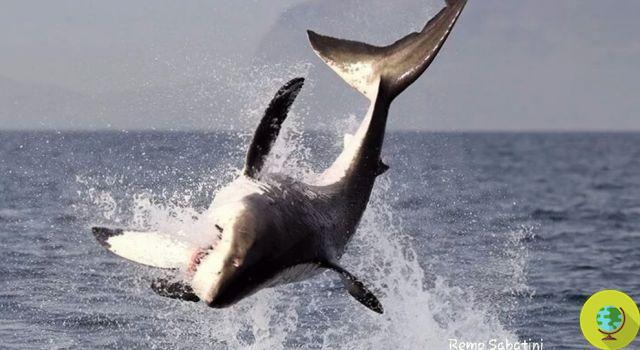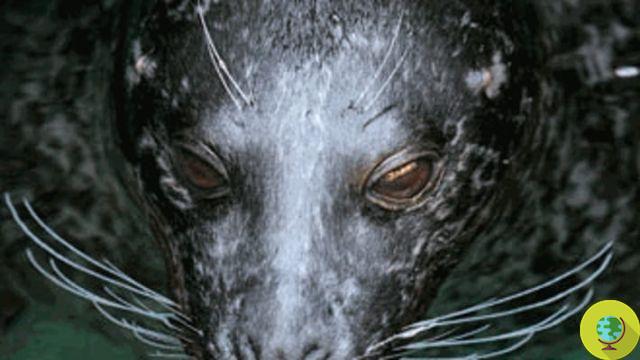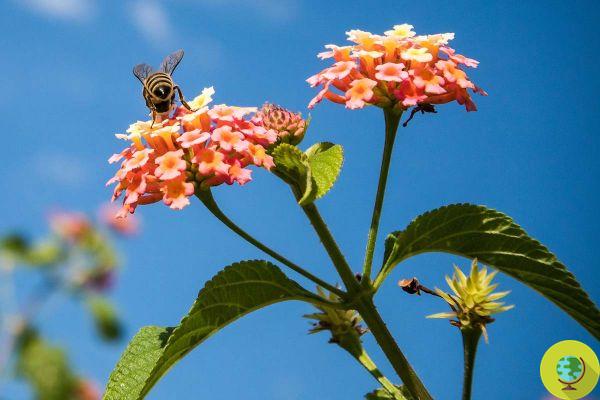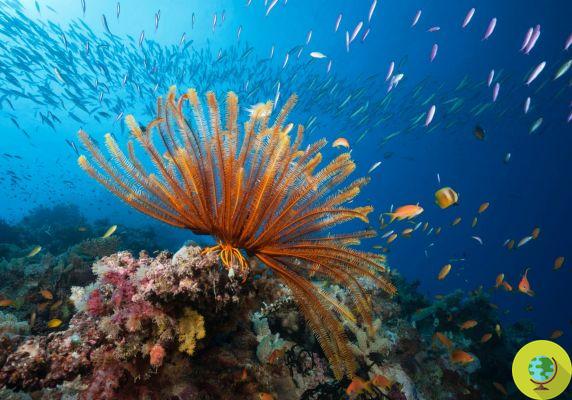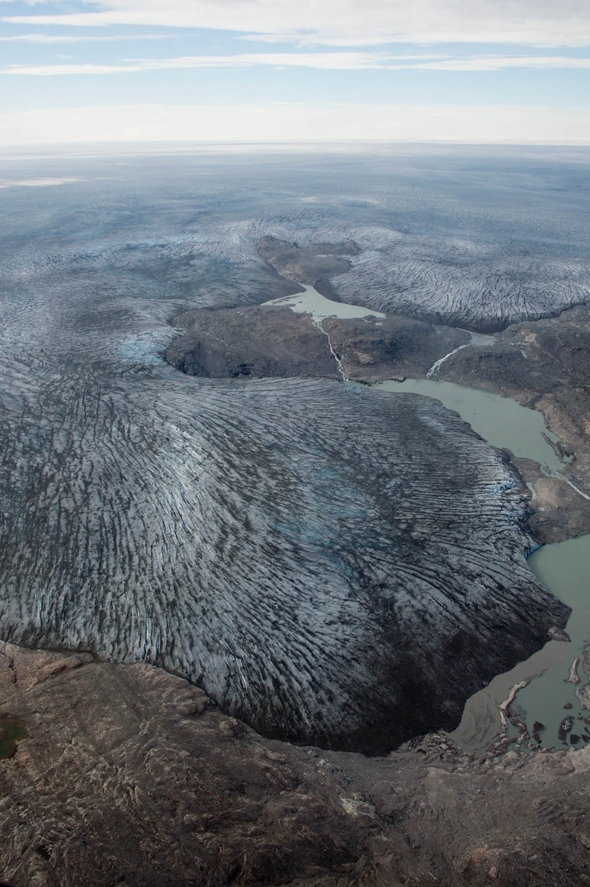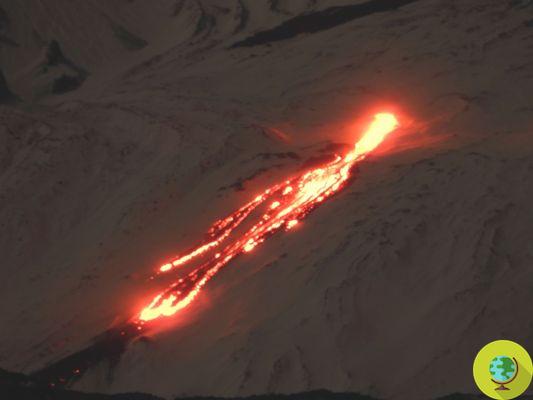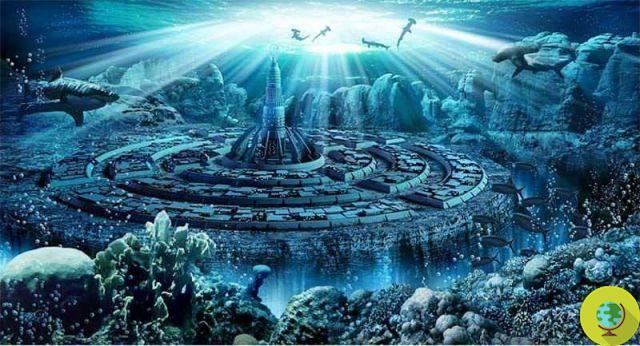La Great Barrier Reef, the most important coral system in the world, is in agony due to the climate crisis. A record level of coral bleaching has been achieved: the 98%. The alarm is raised by a new study, conducted by a team of Australian scholars, published in the journal Current Biology.
The phenomenon of deterioration, which has spared only 2% of this very rich and delicate marine ecosystem (Unesco Heritage since 1981), has intensified more and more since 1998, but in the last 5 years the situation has become truly dramatic.
Indeed, the Great Barrier Reef underwent three major mass bleaching events during the heatwaves that occurred in 2016, 2017 and 2020 and many corals are struggling to survive.
The #GBR is made of >3,000 #reefs. After 5 mass #bleaching events since 1998, only 2% of reefs have escaped bleaching. 80% have bleached severely since 2016. #climatechange #COP26 JCU: James Cook University, Australia ?️https://www.coralcoe.org.au/media-releases/rapid-fire-climate-extremes-leave-the-great-barrier-reef-a-bleached-checkerboard? https://doi.org/10.1016/j.cub.2021.10.046
Posted by ARC Centre of Excellence for Coral Reef Studies – Coral CoE on Thursday, November 4, 2021
Since last July, the corals have shown timid signs of recovery from the last major bleaching, but scholars are not at all optimistic about the long-term survival of this extremely rich 2.300 km long ecosystem; given that global warming is a threat that humanity is currently failing to counter effectively.
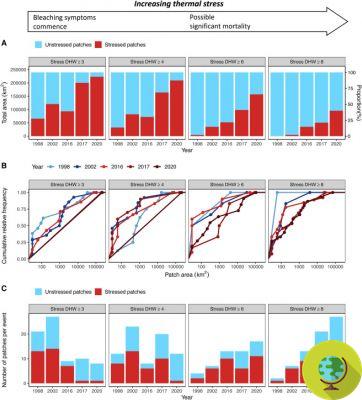
@Current Biology
The main causes of whitening
But what exactly is causing the deterioration of coral life? The discoloration of the corals is due to the increase in the temperature of the ocean waters which causes the expulsion of symbiotic algae that usually give the coral its color and its nourishment.
Coral bleaching is one of the most striking manifestations of marine heatwaves and can cause mass mortality of corals over thousands of hectares in just a few months "- Australian scholars explain - Few studies have studied the impacts of coral bleaching on fertility corals, but those few have shown profoundly negative impacts. In relation to the 1998 bleaching, some scholars 1 have found an average reduction of 67% both in the number of eggs and in the percentage of polyps, whose fecundity was reduced by 78%. In the Caribbean, where another important coral reef is located, there has been a reduction in the percentage of colonies that spawn during the bleaching years. The reductions were substantial, from 79% to 95%, depending on the extent of the event.
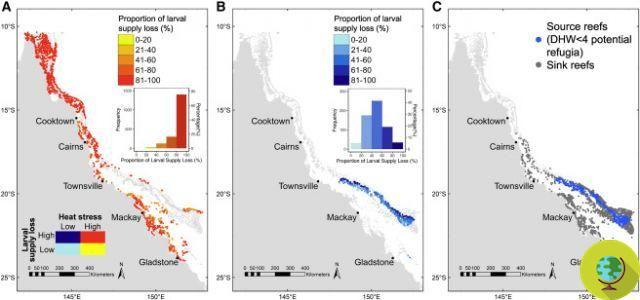
@Current Biology
But the Great Barrier Reef does not only have to deal with extreme heat waves, but also with other threats, including the damage caused by cyclones (increasingly recurrent) and the massive presence of a starfish (purple Acanthaster) that devours corals and is proliferating due to pollution.
In short: due to the harmful effects of human activities, one of the richest and most precious natural heritages on Earth is dying.
Follow your Telegram | Instagram | Facebook | TikTok | Youtube
Fonte: Current Biology
We also recommend:
- The sea is running out of fish, but governments increase subsidies for heavy fishing despite promises
- The Great Barrier Reef risks losing World Heritage status forever (and climate change is to blame)
- The Great Barrier Reef has lost more than 50% of its corals due to climate change






